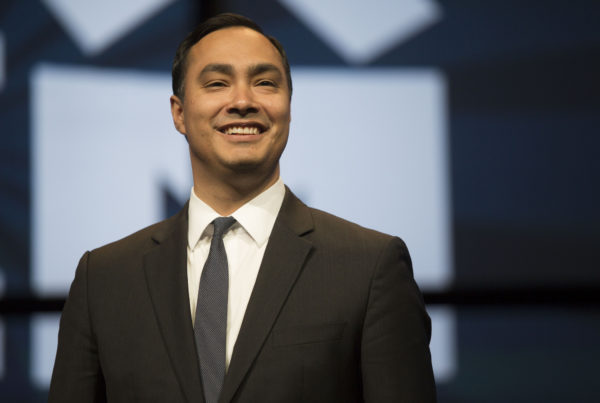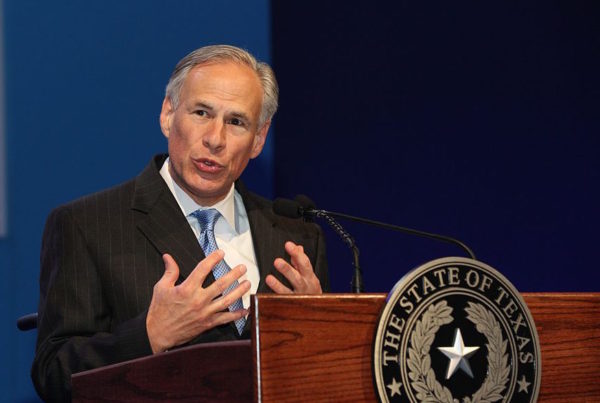Have you voted yet? We’re looking at you Pasadena, and you, El Paso, and you too, San Antonio. Tomorrow is runoff election day in all three cities. The top job in city government is at stake in each city.
Texas Standard spoke to reporters covering mayoral races in San Antonio, El Paso and Pasadena.
In the Alamo City, incumbent Mayor Ivy Taylor has found herself in a runoff election for the second time. Taylor is San Antonio’s first female African-American mayor, and the first black woman to lead any U.S. city of more than a million people. Taylor faces a former city councilmember, Ron Nirenberg.
Gilbert Garcia has been covering the race for the San Antonio-Express News. He says that though both Taylor and Nirenberg are Democrats, they have many disagreements on the issues.
“Nirenberg as a councilmember last year voted against a police contract that Ivy Taylor helped to engineer,” Garcia says. “He thought that it was not financially prudent – that it was going to cost the city too much money.”
The candidates also disagree about whether San Antonio should support the Mexican-American Legal Defense Fund (MALDEF) lawsuit against the state’s new “sanctuary cities” law. Taylor did not support joining the suit while Nirenberg supports it.
Garcia says the race for San Antonio mayor has narrowed since the initial election.
“I think we’re looking at a very close race,” he says. “She finished five points ahead in the general election last month, but that was closer than most people expected. And Ron Nirenberg since then has gained the endorsement of former Mayor Julian Castro, who I think is going to help him, particularly on the west side of the city, and the south side where there are a lot of Democratic votes.”
Garcia says Castro’s endorsement may actually hurt Nirenberg on the more conservative north side of San Antonio, where many voters feel less warmly toward Castro.
In El Paso, former state Rep. Dee Margo and political newcomer David Saucedo are seeking the mayor’s job.
Bob Moore is covering the election for the El Paso Times, which is part of the USA Today Network. He says voter interest in the runoff has been low.
“In the first round of voting, on May 6, we had the lowest turnout ever for a mayoral election in El Paso,” Moore says. “Only about eight percent of registered voters went to the polls, and that’s holding true in early voting for the runoff… early voting this year is off 35 percent from the last runoff we had in 2013.”
Both candidates have been known as partisan Republicans, in a solidly Democratic city. El Paso’s mayor is elected on a non-partisan basis. Moore says the chair of the El Paso Democratic Party has urged voters to go to the polls, but to “essentially cast a blank ballot for mayor as a form of protest.”
Pasadena voters are choosing a new mayor as the city faces a lawsuit over the way voting districts were drawn by the current, outgoing mayor. The candidates, Jeff Wagner and J. R. Moon, are similar, at least in demographic terms. They are middle-aged white men, in a community where Latino voter representation is the reason for the current lawsuit.
Mike Snyder, a columnist for the Houston Chronicle, says a council district plan engineered by outgoing Mayor Johnny Isbell did not please a group of residents, who allege in their suit that the new system discriminates against Latino voters. The district plan, says Snyder, was made possible by the Supreme Court ruling that weakened the federal Voting Rights Act.
“There were three Latino candidates who ran for mayor,” Snyder says. “None of them made the runoff. This is another example of the difficulty of those who are fighting on behalf of the Latino residents of Pasadena are having [in] getting a sufficient level of engagement from Latino residents.”
Snyder says the only items on the Pasadena ballot are the mayor’s race and one city council position. He also says turnout in runoff elections is historically low.
Written by Shelly Brisbin.
















